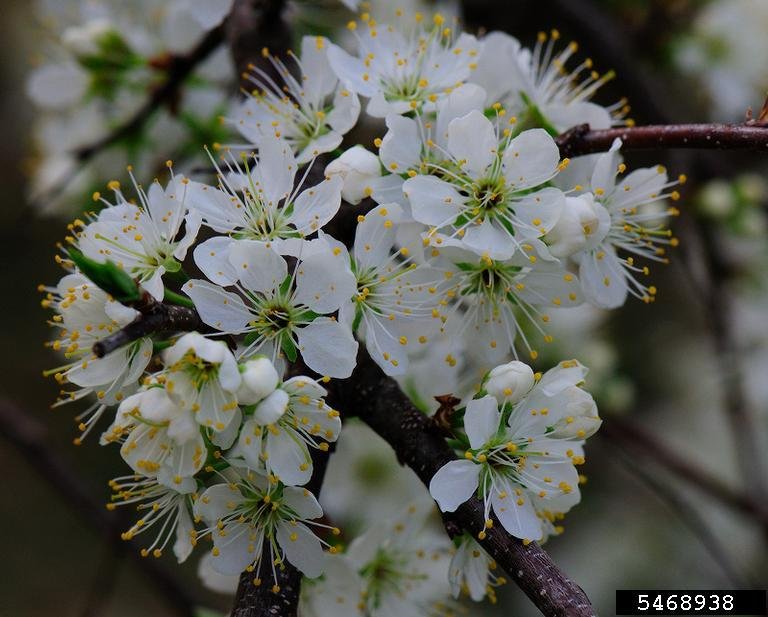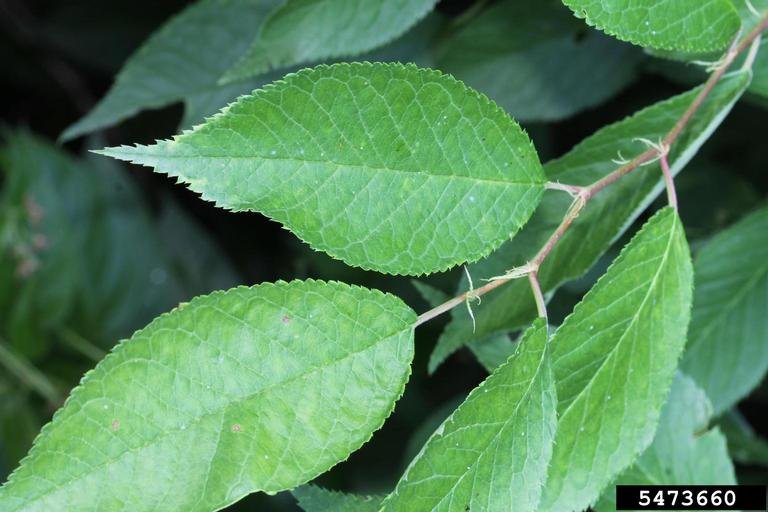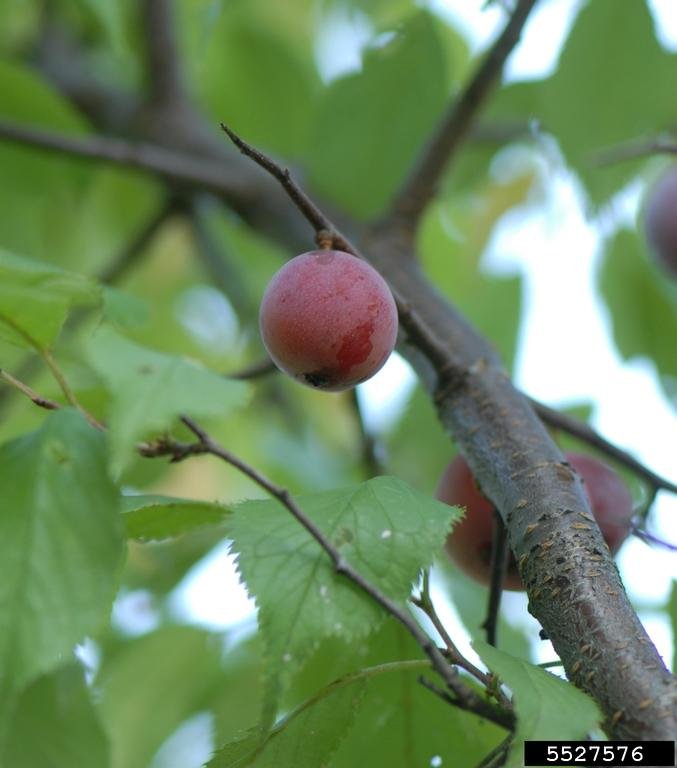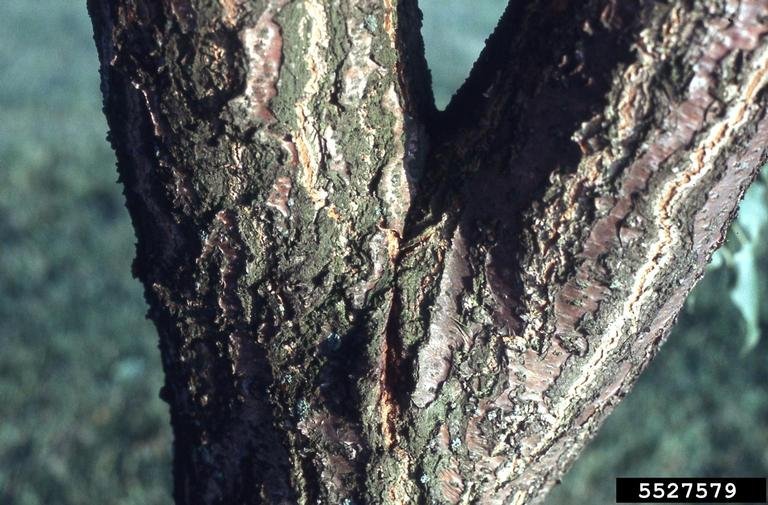American Plum (Prunus Americana)
Alternative Names
Latin (scientific) name: Prunus americana
Common English name: American plum
Other names: Wild plum
French name: Prunier d’Amérique
Other Information
Tree Type: Deciduous; Edible Fruit/Nut Tree
Habitat: Commonly planted in Canada as an ornamental. Exists in Southern Manitoba, Southern Ontario and Southeastern Saskatchewan.
Hardiness Zones: 3a, 3b, 4a, 4b, 5a, 5b, 6a, 6b, 7a, 7b, 8a, 8b
Description
The American Plum is a small tree/large shrub that typically grows up to 5 meters tall. It is native to North America and is widespread throughout Canada. The American Plum is a fast-growing tree but is short lived.
American Plum trees are useful for stabilizing stream-banks because of its dense root system. It is found in rocky and sandy soils, in moist forests and along streams.
Its fruit is edible; however, it’s leaves and plum stones are toxic and should not be ingested. Its leaves are dark green, edged with fine, sharp teeth. Its stocks often have 2 glands at the base.
Plums are yellow-red with yellow flesh and are found in singles or up to 4 together.
The American Plum bark is smooth and porous when young. Mature bark is reddish-brown with grey-brown plates.
It has white, saucer-shaped flowers with 5 petals. Flowers cluster in 2-4 and bloom in late April-early June.
Sources: Tree Canada and Tree Bee






